
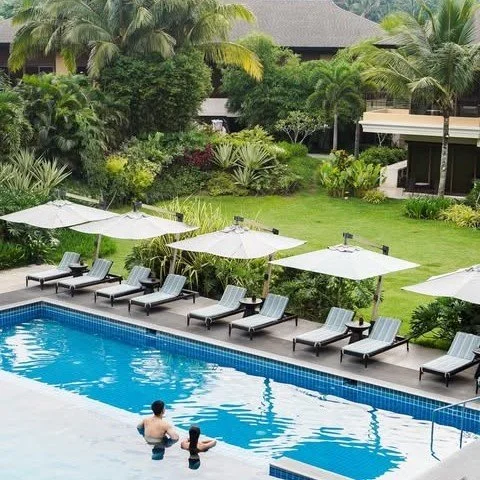
Turning the Tide: Innovative Solutions to Asia’s Water Challenges in Hospitality
For your property, water is the silent partner in delivering exceptional guest experiences—filling your pools, powering your kitchens, and providing guests with comfort. Yet this vital resource faces a mounting set of challenges, from environmental scarcity and rising operational costs to evolving guest expectations. In this article, you’ll not only uncover these urgent issues but also discover case studies and targeted, actionable strategies to help you take control of water management, boost sustainability, and future-proof your operations.
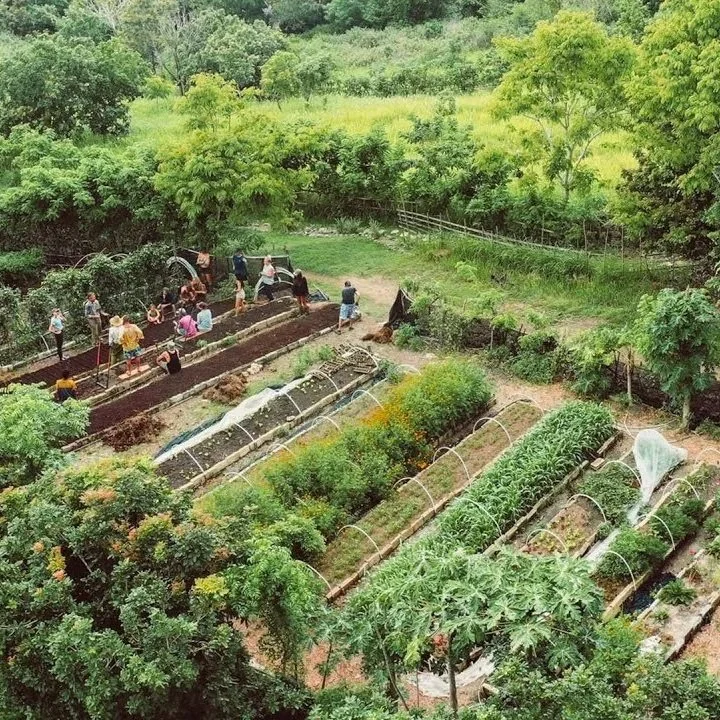
Breaking the Chain to Save It: How Asia’s Hospitality Can Fix Food Systems
Asia’s hospitality industry is in culinary reckoning. Climate shocks are hitting staple crops. Global supply chains remain fragile and expensive. Rising guest expectations are pushing hospitality into a culinary reckoning.
In short, the way Asia eats and how hotels and restaurants serve food must change.
At the recent AST webinar, Breaking the Chain to Save It: How Asia’s Hospitality Can Fix Food Systems, three leaders showed what change looks like on the ground:
Their message was clear. To shape sustainable food systems, hospitality must address both ends of the chain: upstream and downstream.
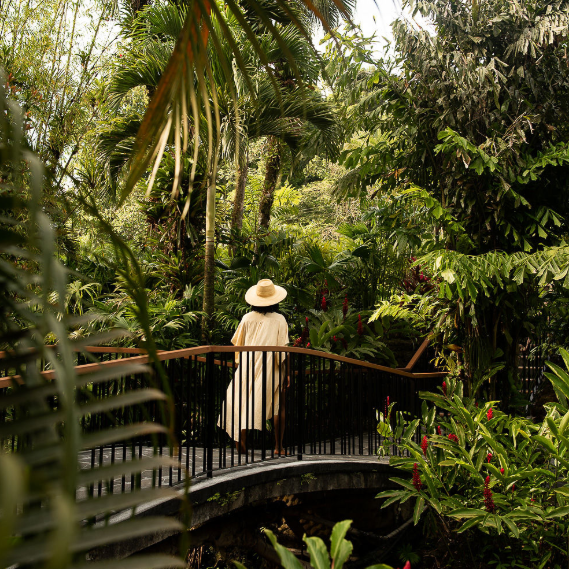
A Closer Look at Sustainability-Centric Loyalty Programs for Independent Hotels in Asia
As modern travelers seek meaningful experiences and eco-conscious choices, independent hotels in Asia are reimagining loyalty programs. From personalized guest moments to sustainability-driven rewards, discover how platforms like GHA Discovery, Journey, and SLH Club are helping independent properties stand out in a competitive market.
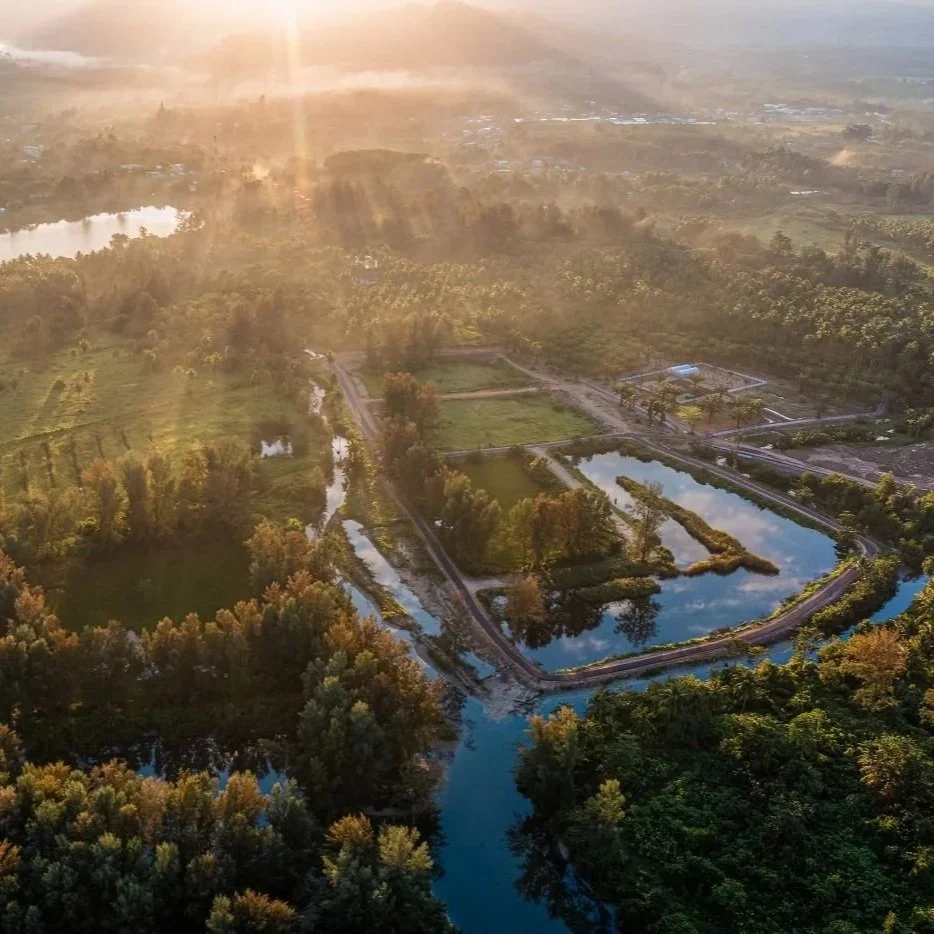
How Hotels Turn Sustainable Food Sourcing into A Brand Advantage
Global Hotels in Asia Put Responsible Food Sourcing on the Menu
JW Marriott Khao Lak Resort’s response to addressing food-related emissions and also providing healthy food has been to rebuild its food system from the ground up.
In April 2024, the resort launched the 27-acre JW Garden, perhaps one of the largest resort farms in Asia Pacific. The project was born from a simple question: What if a resort could grow food to cut imports, slash waste, and enrich its ecosystem, and at the same time create a richer experience for its guests?

Sustainability Beyond the Manager: Engaging Your Entire Team
How can sustainability evolve from a series of isolated efforts into a unified mission championed by every member of your team?
This question was at the heart of our recent webinar, where Dimitri Syrris, Founder & CEO of Baotree, and Rhea Vitto Tabora, Co-Founder of Asia Sustainable Travel, explored how to transform sustainability into an inclusive, shared responsibility within hospitality operations.
They discussed why this approach is more critical than ever for the hospitality and travel sector and shared actionable insights, compelling examples, and innovative tools to help professionals create a team-driven sustainability roadmap.
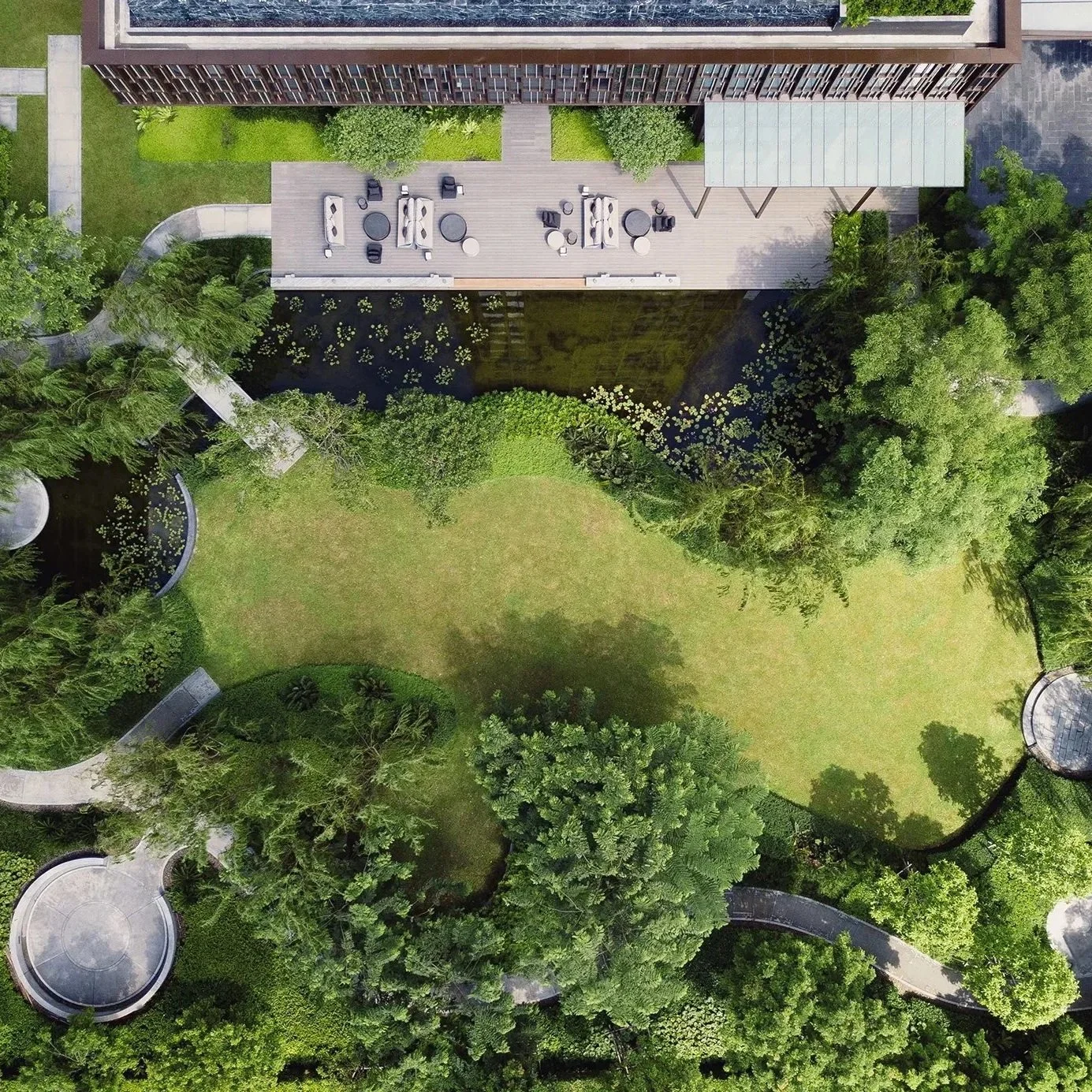
How These Hotels Turn Urban Sustainability Challenges Into Scalable Impact
From Bangkok to Singapore, designing and operating a sustainable hotel in a city means contending with limited footprints, ever-shifting policies, and relentless pressure on space and resources. Achieving meaningful impact in these compact city centers requires more than good intentions. It demands innovation, discipline, and long-term thinking.
And yet, it is precisely in these high-pressure environments that innovation flourishes.
As population centers and global travel gateways, cities offer hospitality brands not only their toughest test but their clearest opportunity to lead.
In this article, we spotlight three hotels, Pan Pacific Singapore, Grand Hyatt Singapore, and Kimpton Maa-Lai Bangkok that have risen to the challenge. Rather than seeing constraints as deal-breakers, they’ve turned them into design prompts and operational innovations.
Their stories offer valuable lessons in how to embed sustainability into the urban guest experience, not as an add-on, but as a defining feature.
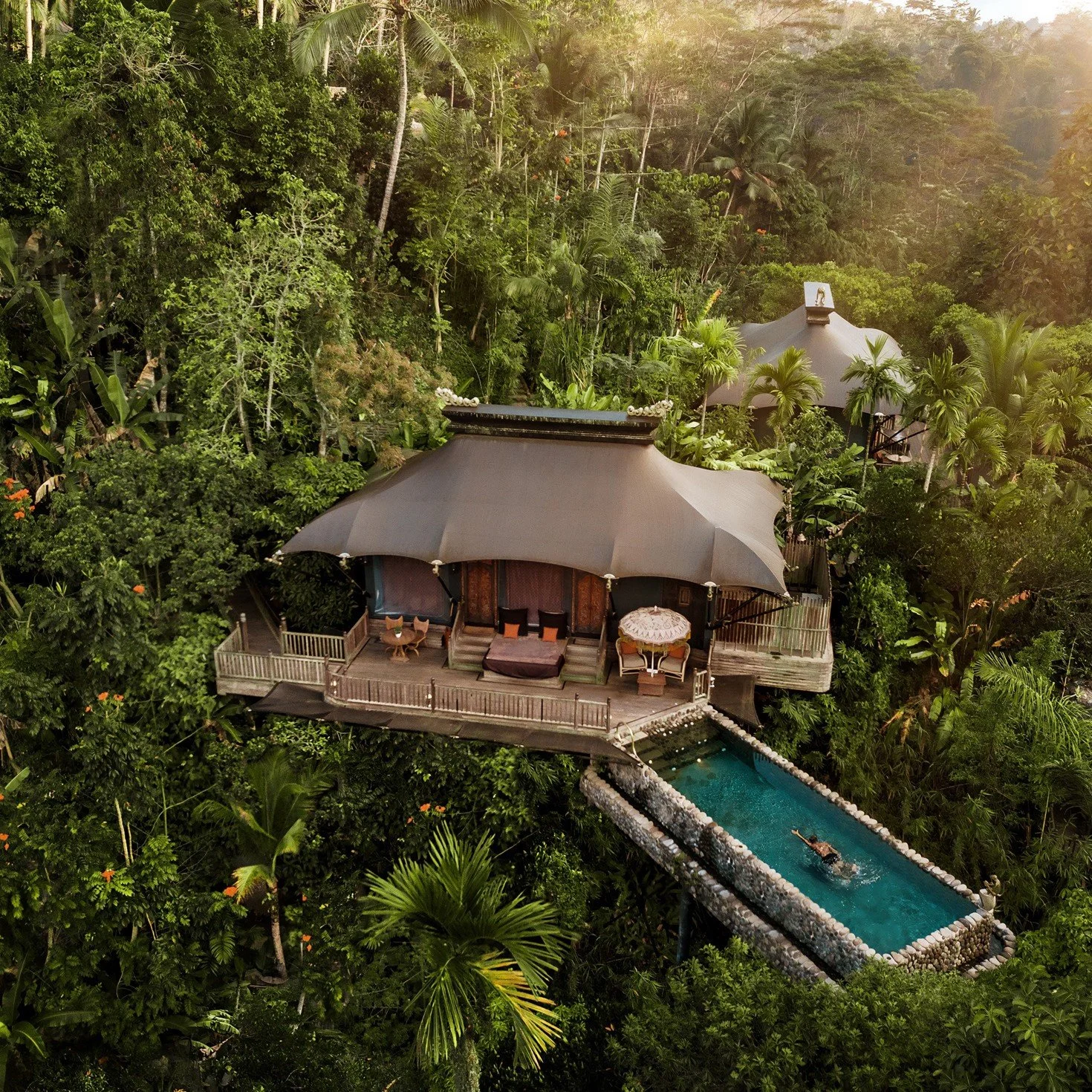
Designing Desire: The Business and Wellness Case for Biophilic Hospitality
Hospitality has long been measured by its ability to provide comfort and luxury, but things are changing. With the rise of biophilic design, guests now want more than just a place to stay. They are looking for spaces that bring them closer to nature and rejuvenate them. It's now about blending the natural world into architecture and creating experiences that go beyond the built environment.
This article explores the core principles and growing importance of biophilic design, highlighting its benefits and successes. It offers hospitality professionals a practical guide to creating spaces that deeply resonate with guests while promoting sustainability.
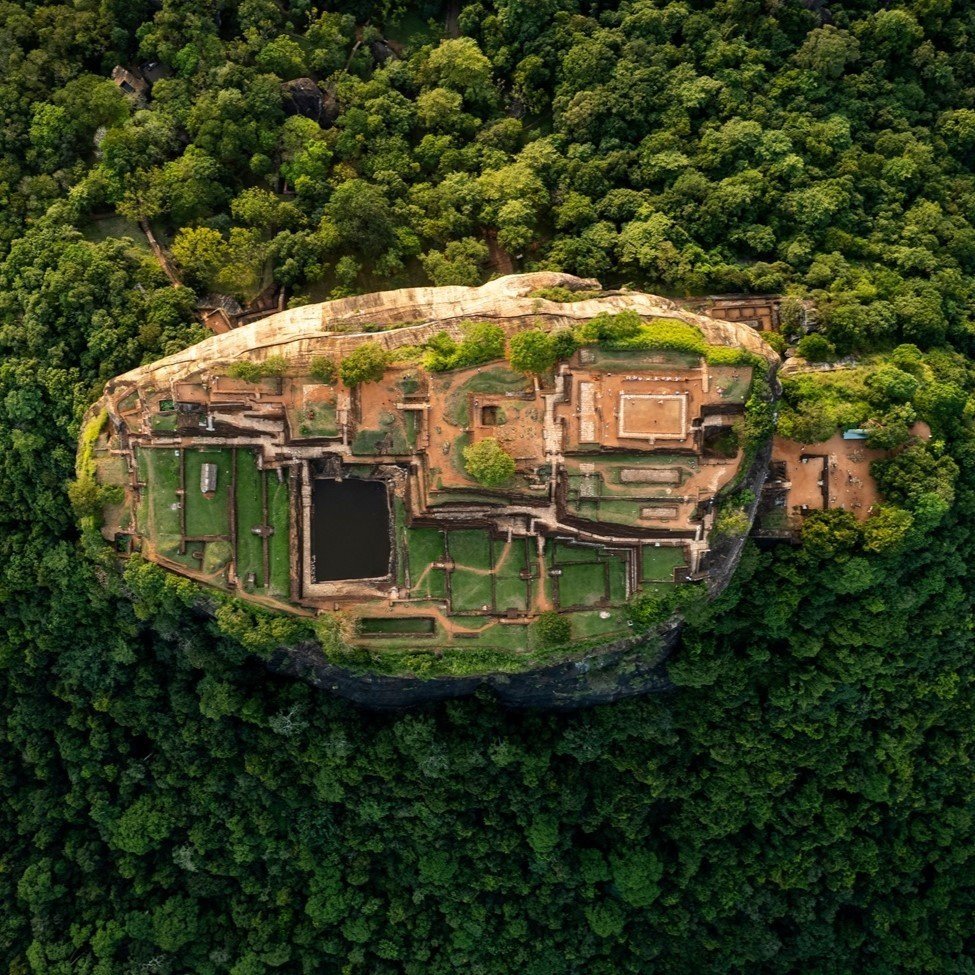
Sri Lanka, South Asia’s Rising Star in Sustainable Tourism
Explore Sri Lanka’s transformation into South Asia’s leader in sustainable tourism. From eco-conscious initiatives like Sigiriya’s certification to diverse, high-value travel experiences, this article uncovers strategies shaping its revival. Hospitality and travel professionals will find valuable insights and future trends.

Key Insights from AST Forum Ha Noi
The Asia Sustainable Travel (AST) Forum Ha Noi gathered industry leaders to address two important challenges in hospitality and tourism. The discussion spanned two thought-provoking panels.
The first, “From Plastic Pollution to Solution,” spotlighted practical approaches to reducing plastic waste through innovative supply chains, guest engagement, and community partnerships.
The second, “Sustainability: Cost Center or Revenue Driver?” explored strategies to balance environmental, social, and economic sustainability while embedding these principles into business operations.
These sessions highlighted how the hospitality sector can achieve a meaningful impact by aligning business growth with responsible practices.

Pursuing Sustainability in Hospitality: Insights from PHILHOST 2025
Discover how the 4th Philippine Hospitality on Sustainable Tourism (PHILHOST 2025) is transforming hospitality with actionable strategies for sustainable tourism. From circular economy and data management to certifications and the journey toward Net Zero, the discussions provided valuable perspectives and practical strategies that are shaping the future of the tourism industry.

Why Asia’s Luxury Hospitality Has the Power to Lead Sustainability Innovation
Luxury hotels in Asia are uniquely positioned to lead sustainability innovation. By blending cultural heritage with bold experimentation, they can model holistic living systems that inspire guests and uplift communities. With flexibility, funds, and influence, these properties can redefine luxury—not as excess, but as purpose, impact, and deep-rooted connection to place.

Driving Change with Electric Vehicles for Low-Carbon City Tours and Resort Experiences
Learn how electric vehicles are improving city tours and resort experiences, cutting emissions, enhancing guest satisfaction, and highlighting sustainability-led practices in the hospitality sector.

Low-Impact Travel in Asia: What Does It Mean, and Who Stands to Gain?
Once a niche concept, low-impact travel has recently become a rallying cry among sustainability advocates in the tourism industry.
At its core, the movement has long championed reducing emissions through low-carbon mobility, which is a valid starting point, given that transport-related CO2 emissions of the tourism sector account for 22% of all emissions from transport, according to the UNWTO.
However, the definition of low-carbon or low-impact travel is evolving. In today’s climate-conscious landscape, low-impact travel can no longer rely solely on swapping flights for trains or diesel vans for EVs — especially in a vast continent like Asia, where building the cross-border infrastructure for rail and electric mobility requires large-scale, long-term inter-government investment.
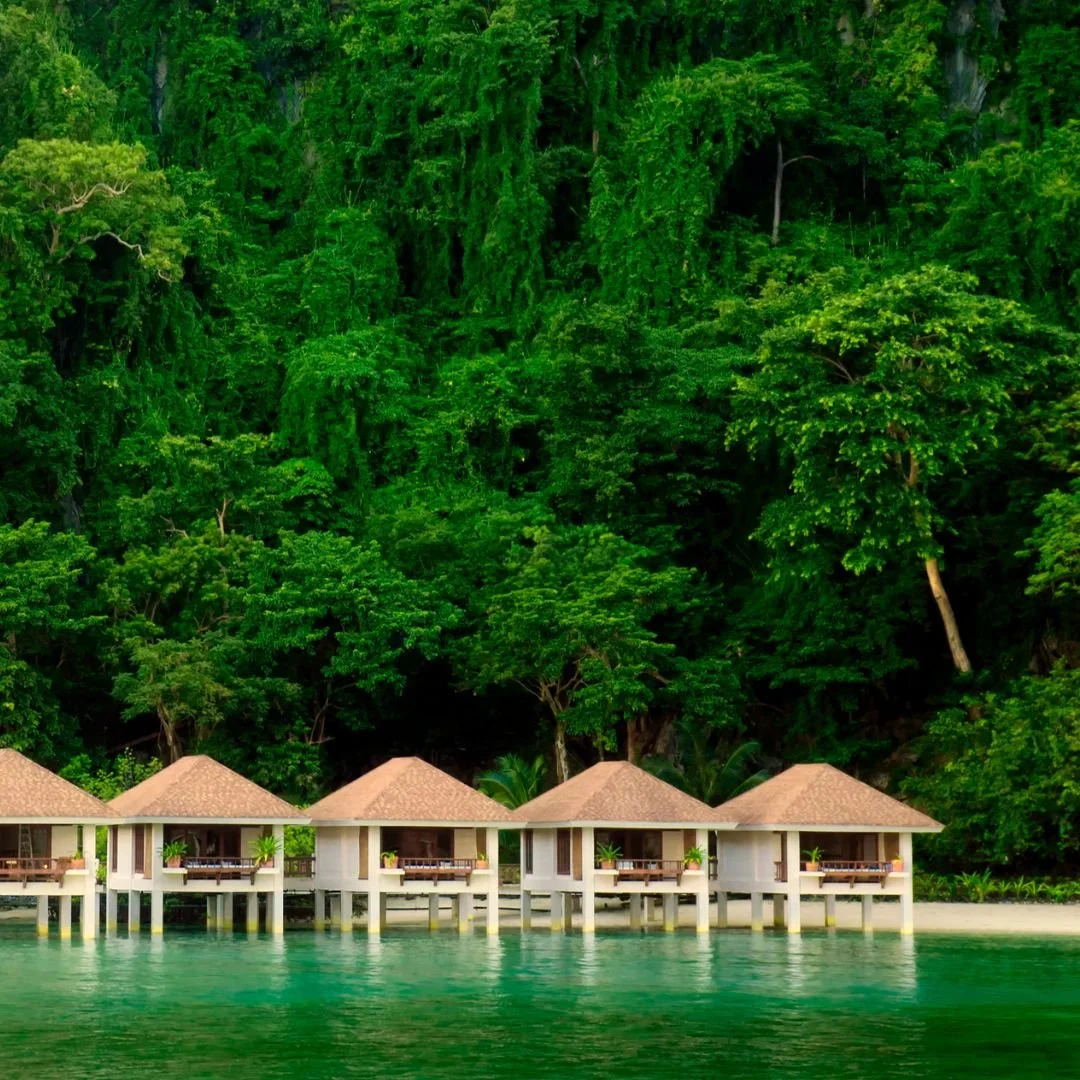
Beyond Greenwashing: How Verifiable Storytelling Drives Impactful, Responsible Tourism
We recently co-hosted the Beyond Greenwashing: Enabling Verifiable Storytelling in Sustainable Travel webinar with Dimitri Syrris, Founder and CEO of Baotree. Together, we discussed one of the most pressing challenges facing the hospitality and tourism industry today: how can businesses move beyond vague claims and superficial eco-labels to tell stories that are authentic, impactful, and verifiable?
The webinar wasn’t just another discussion about being “eco-friendly.” We delved into how storytelling, backed by data and human connection, can turn sustainability efforts into meaningful stories that build trust and inspire action.
This recap covers the key takeaways, including solutions to common sustainability communication challenges, frameworks for structuring stories, and tools to help your business craft narratives that matter.

Bridging the Sustainability Say-Do Gap in APAC Travel: What Booking.com and Traveloka Reports Reveal
For years, sustainable travel was viewed as a niche, embraced by a small group of eco-conscious consumers and a limited number of businesses offering organic menus, off-grid wellness retreats, and carbon offsets.
But in 2025, the narrative has changed. Sustainability is no longer a fringe concern; it’s a mainstream expectation.
According to Booking.com’s latest global survey, 84% of travelers now consider sustainability important. Homegrown Asian OTA Traveloka echoes this shift: 80% of APAC travelers say they are open to choosing sustainable options, provided they are available and affordable.
Work with us
Ready to take your business to the next level — with purpose?
From B2B content development, such as impact reports and newsletters, to speaking engagements and business match-matching, we offer a full suite of services designed to grow your business and drive enduring impact.
And we don’t stop there. 5% of all revenue goes directly to traceable social and environmental initiatives across Asia.

